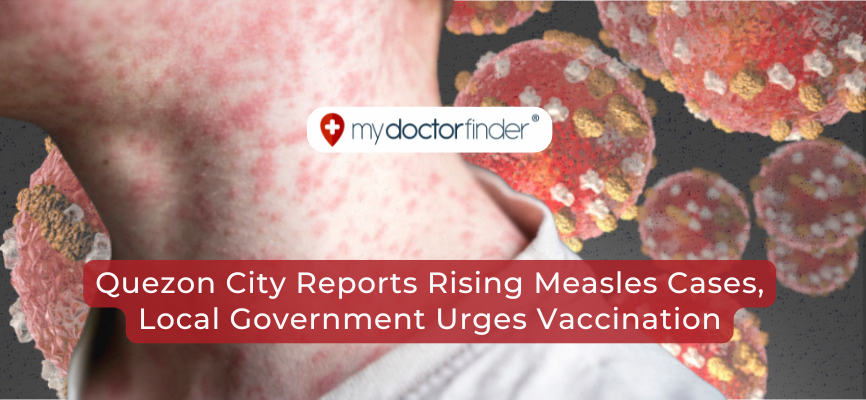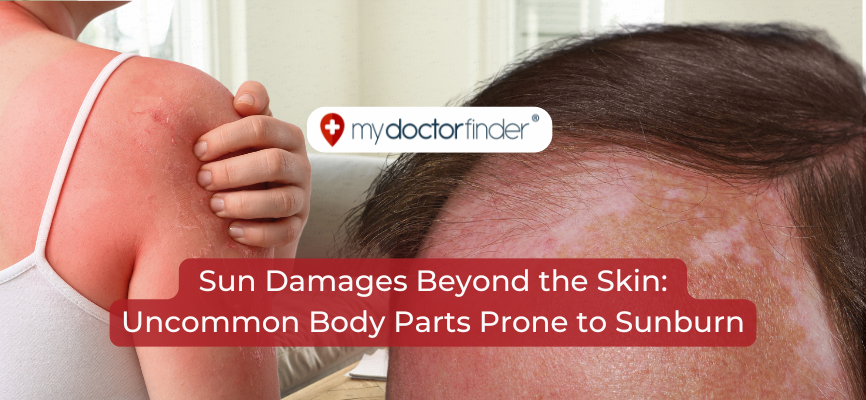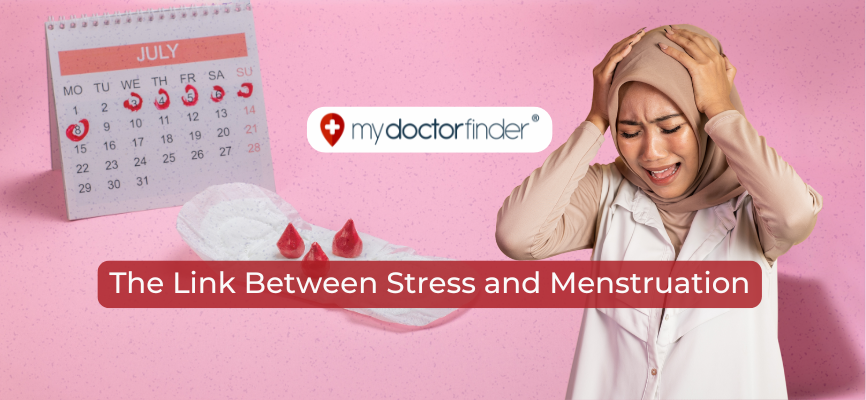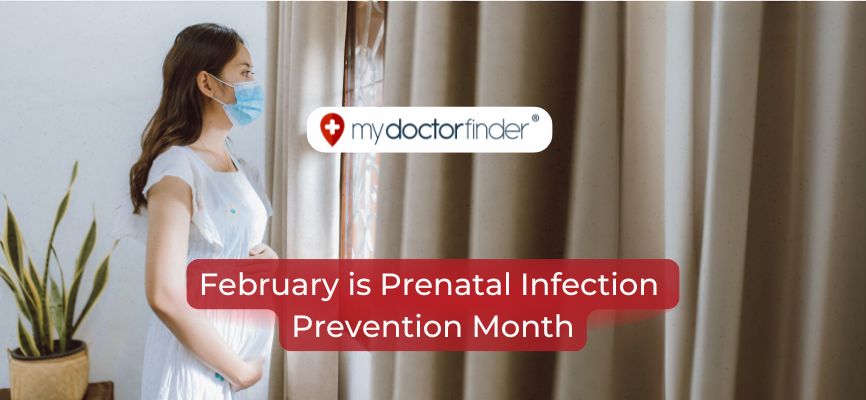Bad breath, or halitosis, is an oral health problem usually caused by poor dental hygiene. It can also be associated with diet and other health problems. A person with bad breath is usually gets social embarrassment, personal relationship problems caused by a strain in communication and intimacy, decreased confidence in social settings, and various health problems.
What Causes Halitosis?
There is a myriad of causes for bad breath. This includes:
-
Food. Food contributes to bad breath by leaving particles, bacteria, and odors in the mouth. Digested food will then enter the bloodstream and be carried toward the lungs, affecting your breath. Certain food like garlic, onions, spices, sweets, carbohydrates, meat, dairy, etc are among the most common foods that cause halitosis.
-
Poor Oral/Dental Hygiene. Food particles, bacteria, and odors remain in the mouth if you don’t brush or floss regularly.
-
Dry mouth. Saliva plays an important part in cleansing your mouth. A decrease in the production of saliva, which dries the mouth, can contribute to bad breath. This occurs naturally during sleep or sleeping with your mouth open. Problems with your salivary glands and other diseases can also cause chronic dry mouth.
-
Smoking. Smoking tobacco products causes unpleasant mouth odors, and it could also cause gum disease that may lead to bad breath.
-
Medical conditions. Tooth decay, gum disease, mouth sores, small stones in the tonsils, chronic inflammations in the nasal cavity, GERD, and some cancers are associated with bad breath.
-
Certain medications. Some medicines can also cause dry mouth as a side effect.
What are home remedies for bad breath?
In honor of Oral Health month, here are 8 home remedies to keep bad breath away.
1. Brush your teeth regularly
Brush your teeth and clean your tongue at least twice a day using toothpaste with fluoride, especially after meals. Regular brushing removes plaque, bacteria, and food particles inside the mouth and teeth. It will also prevent bacteria build-up that causes bad breath.
2. Floss at least once daily
Brushing will not always remove plaque and food particles in between your teeth. Proper flossing will remove these things in the spaces between your teeth, thus helping prevent or control bad breath. Remember to floss before brushing, not after, to remove interdental plaque.
3. Use a mouthwash
Mouthwash products have antibacterial properties that help get rid of bad breath-causing bacteria. Rinsing every after a meal with a mouthwash like Listerine Cool Mint will not only protect your teeth from cavities, but it will also remove food debris, get rid of bacteria, and give you a fresh, cool breath.
Get your Listerine Cool Mint here: https://invl.io/clg3bw7
4. Perform a saltwater rinse
Saltwater rinsing is a cost-effective way to remedy bad breath. Salt helps neutralize the pH balance in your mouth and weakens the bacteria to prevent them from multiplying. Aside from fighting bad breath, salt water rinse can also protect from gum disease and heal a toothache.
To perform a saltwater rinse, add 2-3 teaspoons of salt to a glass of lukewarm water. Stir the water until the salt dissolves. Swish the water inside the mouth for 10 seconds and spit the saltwater out.
5. Stay hydrated
Dry mouth (also called xerostomia) happens when the salivary glands inside your mouth do not produce enough saliva. Saliva is necessary to neutralize acids produced by plaque and wash away dead cells and bacteria inside the mouth. If not removed, bacteria will multiply and dead cells will decompose, causing bad breath.
Prevent dry mouth by drinking enough water throughout the day.
6. Eat fruits and vegetables
Crunchy, fresh fruits and vegetables such as apples, pears, carrots, and celery help in the production of saliva. This will help in cleaning bad breath-causing bacteria in your mouth. These foods are rich in fiber, acting like natural toothbrushes as you eat.
7. Chew gum or take breath mints
Brushing, flossing, or rinsing with mouthwash will not always be convenient. If you need a quick fix, you can take breath mints or chew gum to get rid of bad breath. Chewing gum sweetened with xylitol is also effective in fighting bad breath because it helps fight bacteria in the mouth.
8. Keep your dentures clean
Plaque can form around your dentures, causing bad breath. Failing to keep dentures clean regularly will also cause bad breath causing bacteria to build up.
Treat your dentures like how you would your natural teeth. Clean them daily by soaking and brushing them with a soft-bristled brush and denture cleanser.
Conclusion
Bad breath or halitosis is an oral health problem you can prevent. With these home remedies, you can be more confident in your relationship, in social events, and in your health.
If bad breath persists, find a doctor or a dentist immediately to check for any possible underlying health problems you may have.
Sources:
Bad breath - Diagnosis and treatment - Mayo Clinic. (2018, March 10). https://www.mayoclinic.org/diseases-conditions/bad-breath/diagnosis-treatment/drc-20350925
Arts, C. D. (2023, January 4). 10 Easy Home Remedies for Bad Breath. Croasdaile Dental Arts. https://www.croasdailedentalarts.com/blog/at-home-bad-breath-remedies/
Osborn, C. O. (2019, March 8). Things You Can Try at Home to Eliminate Bad Breath. Healthline. https://www.healthline.com/health/home-remedies-for-bad-breath









.png)
.png)








